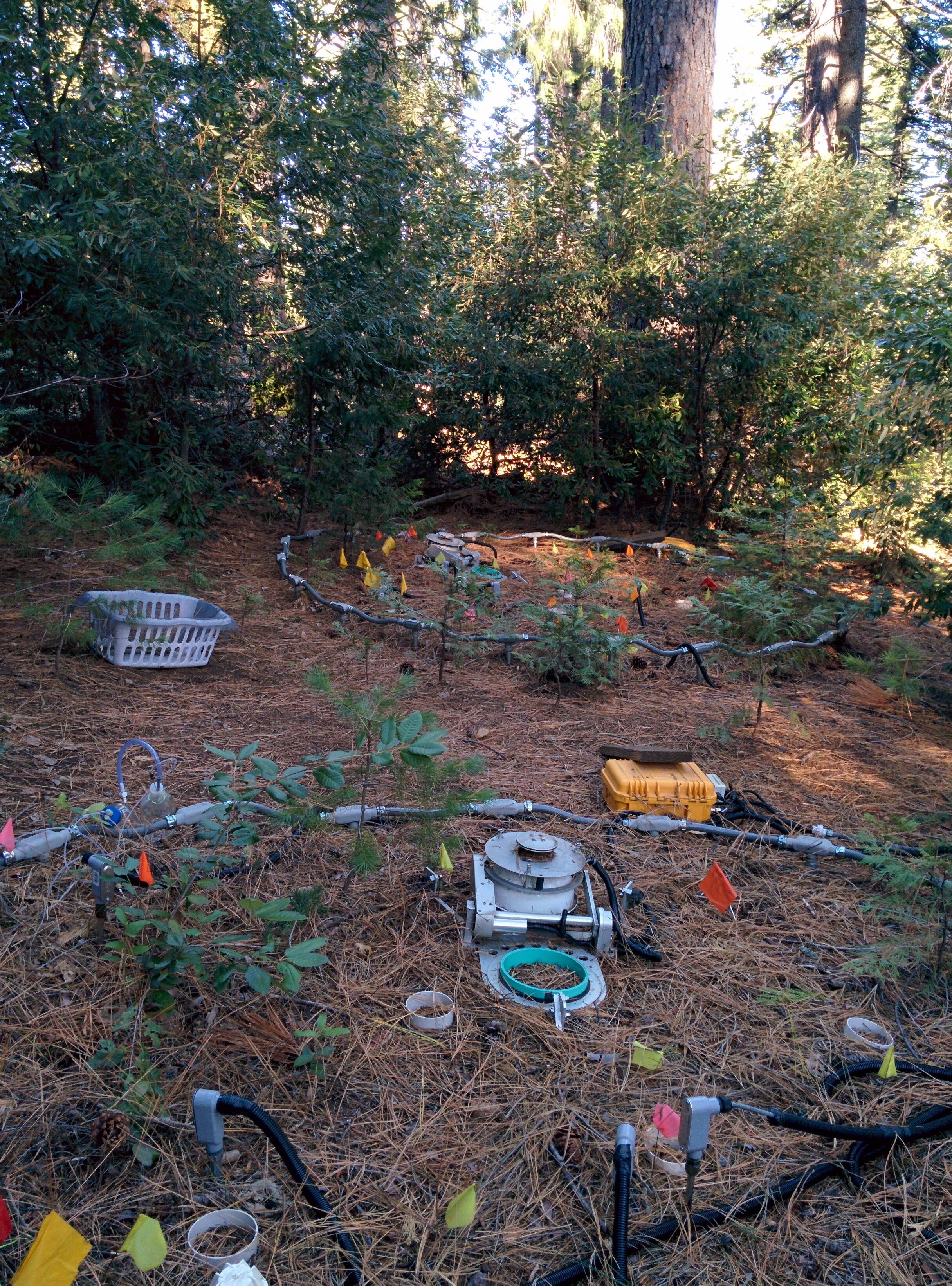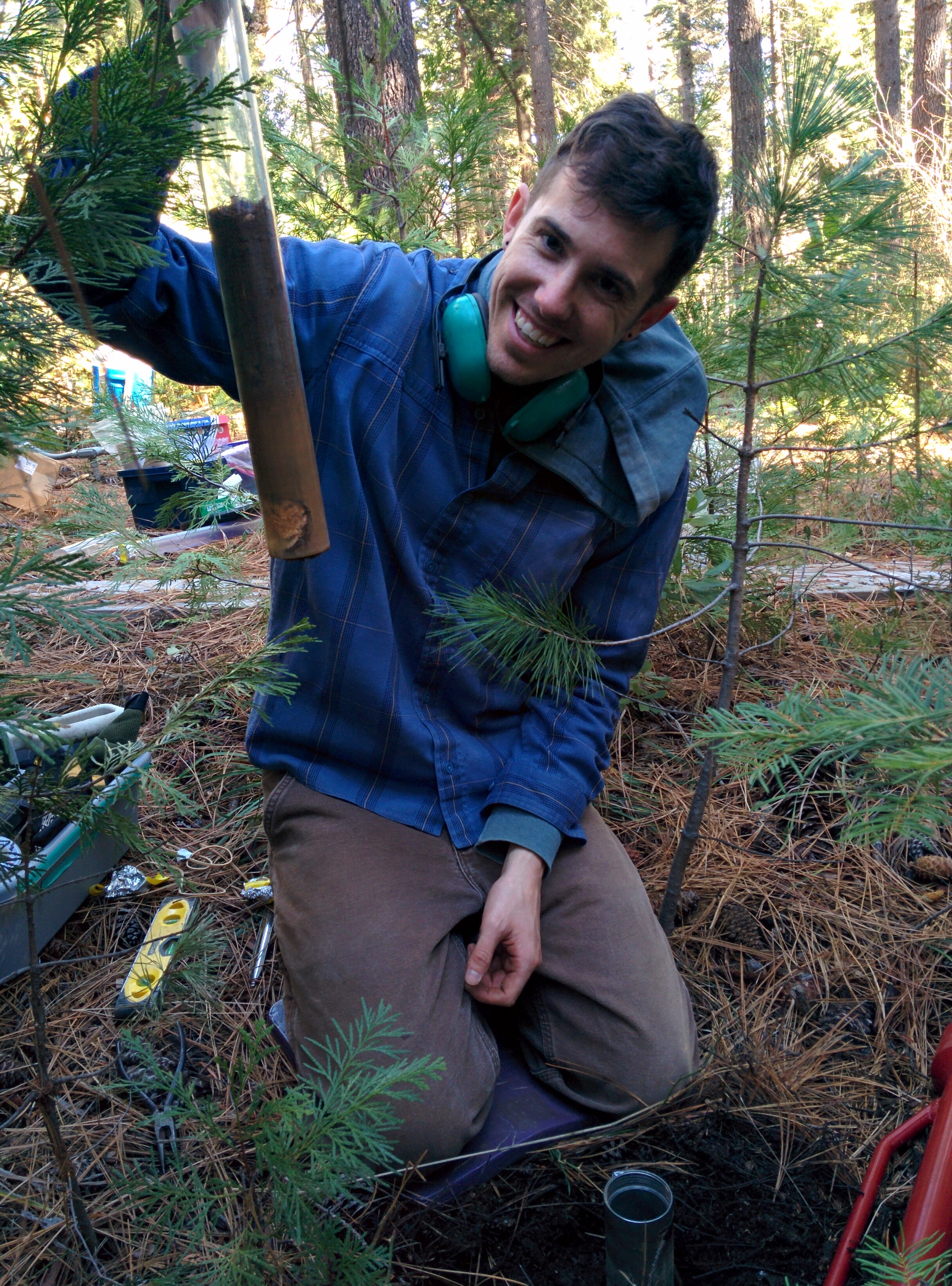NAMP
Nutrient Additions on Microbial Physiology
While soils store ~1500 Pg of carbon (C), it is currently unclear how climate change will affect this large C pool. The effect of temperature on enzyme kinetics predicts that as temperatures warm, microbial activity and cellular respiration will increase, releasing C from soils into the atmosphere. However, the long-term effect of warming on soil likely impacts a myriad of factors affecting the persistence of soil C. Recent evidence from a 20-y warming experiment suggests that soil respiration responds non-monotonically to warming over time; although, the mechanistic factors for this have yet to be elucidated.

We used a 4.5 y whole-profile soil warming experiment coupled with laboratory incubations amended with different resources to show that soil microbial communities in warmed soils have altered nutrient demands, which profoundly impacts their community composition and metabolism. These differences could account for previously unexplained patterns, and these insights could help constrain predictions for soil C persistence in a warmed world.
This work is a part of the Terrestrial Ecosystem Science, Scientific Focus Area project in collaboration with colleagues from Lawrence Berkeley National Laboratory (where I worked for a 10-month fellowship). The manuscript is currently in review, so stay tuned!
